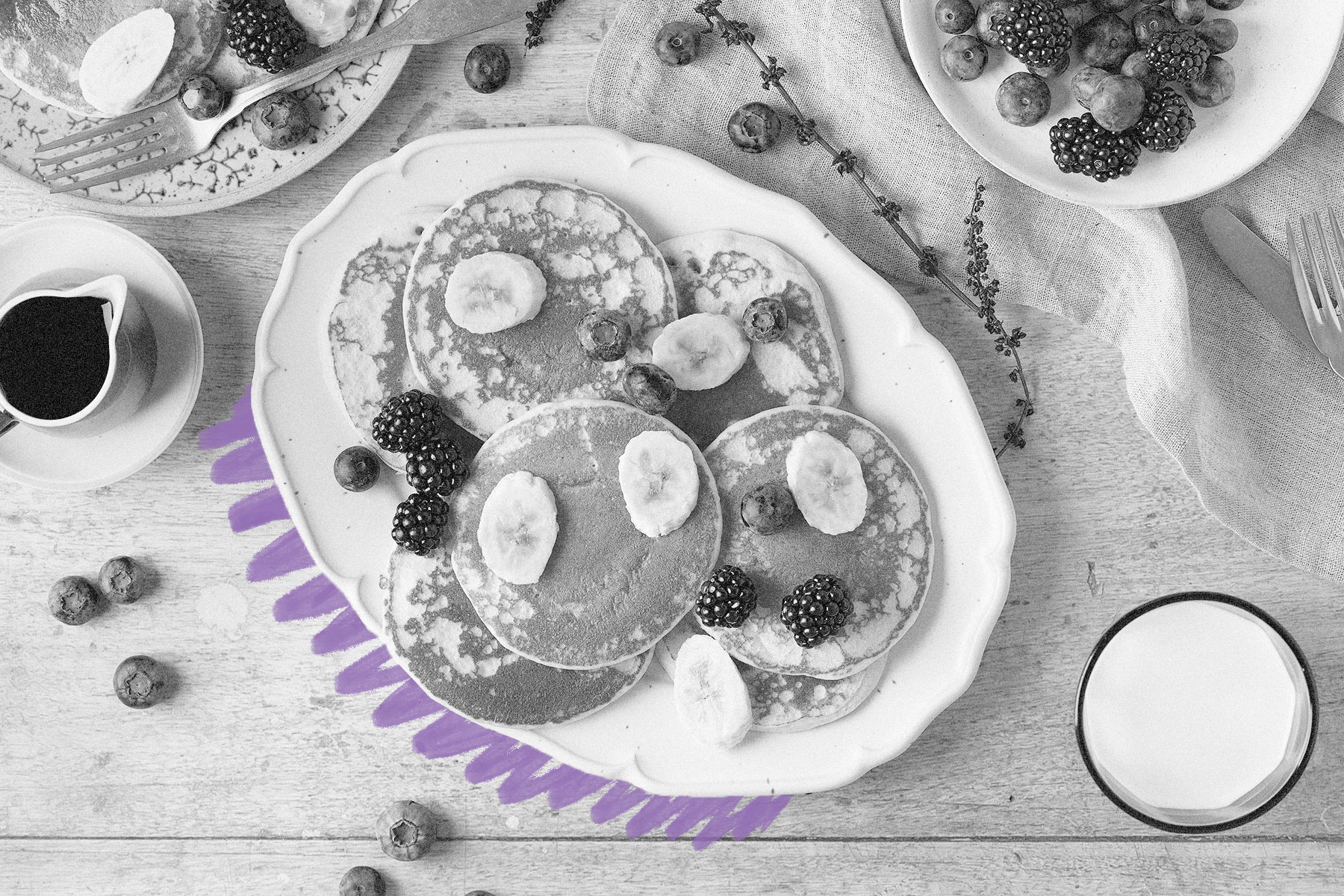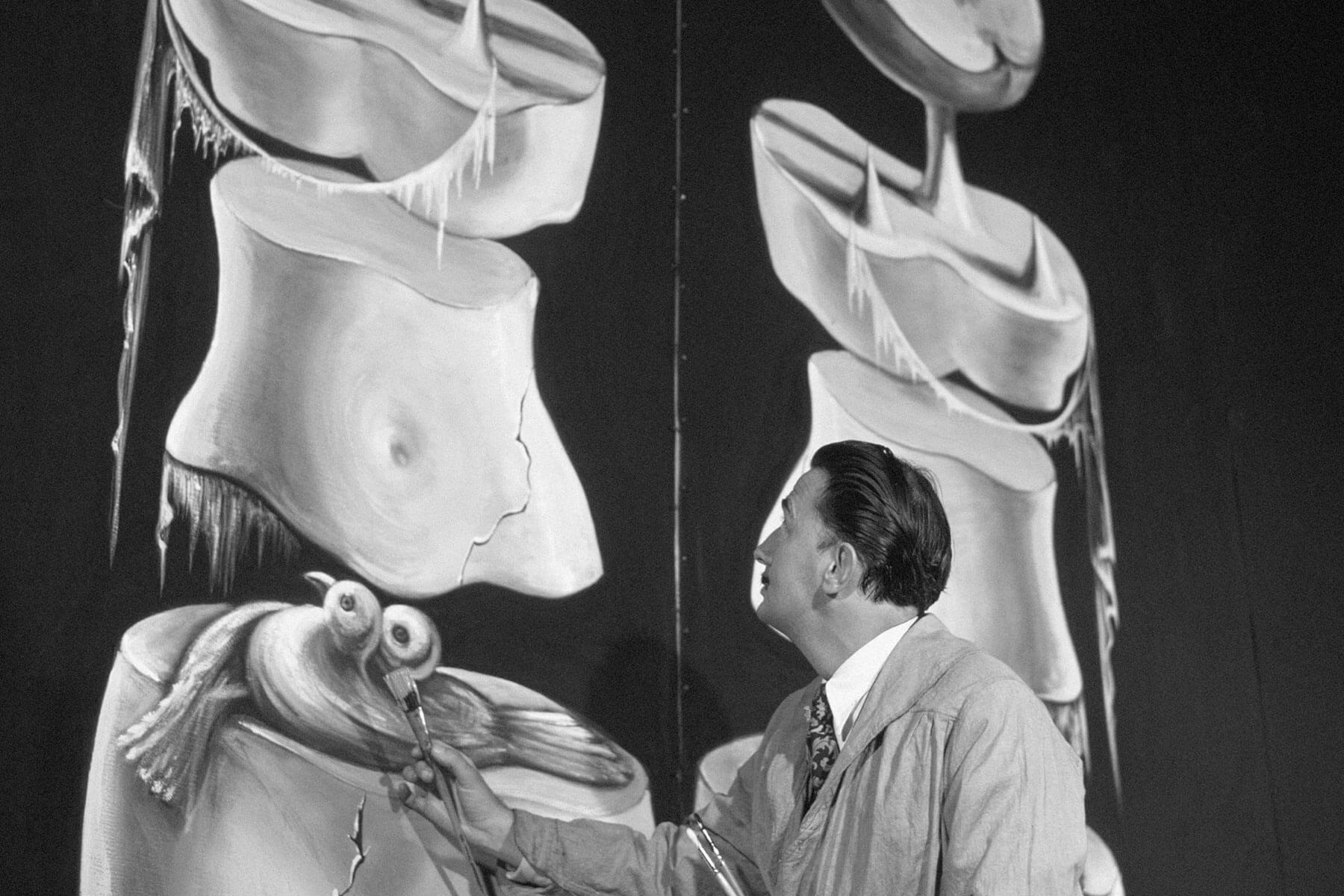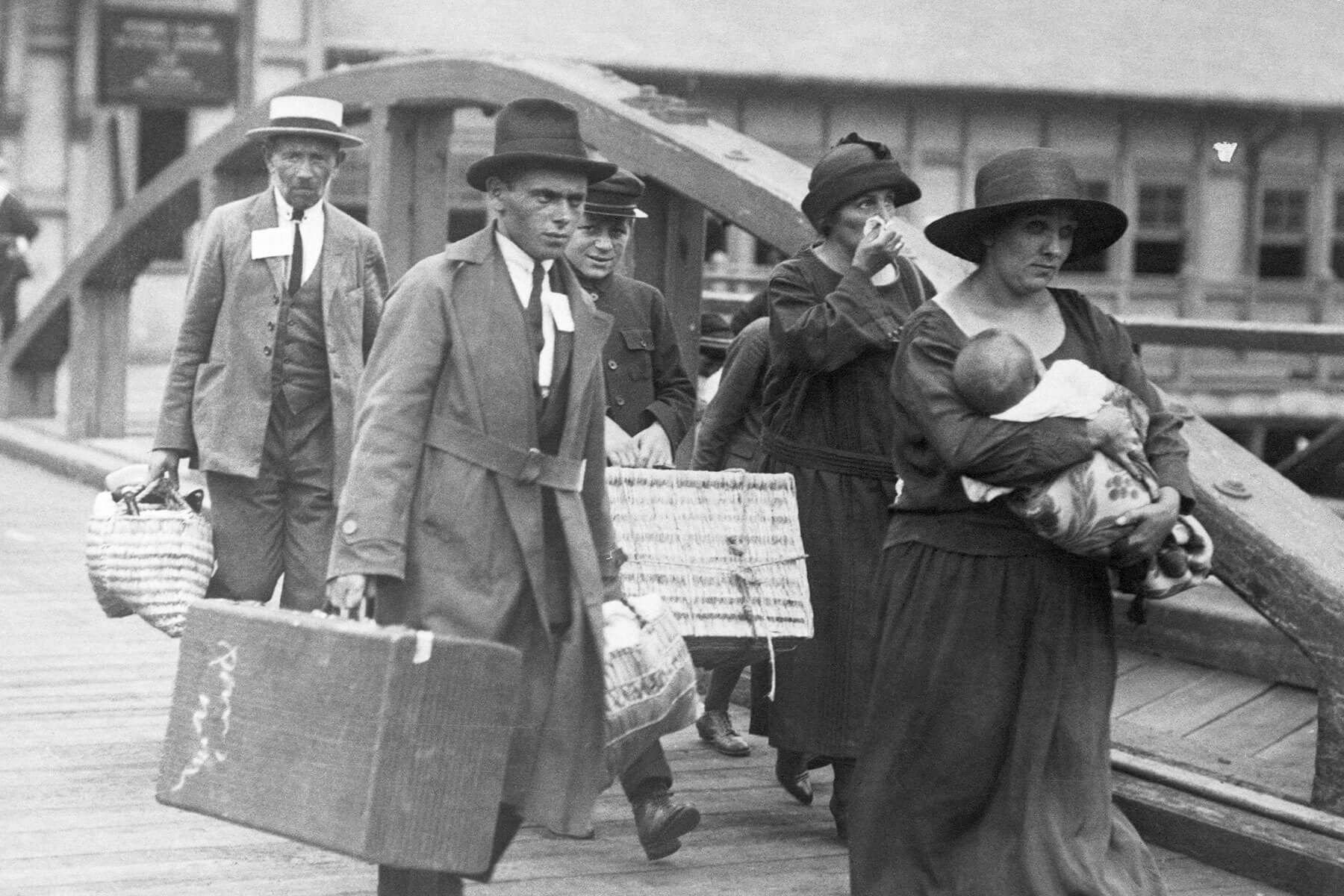When British author Guy Beringer coined the word "brunch" in 1895, weekend dining was changed forever. |
| |
| |
|
 |
|
| W hen British author Guy Beringer coined the word "brunch" in 1895, weekend dining was changed forever. In an essay for Hunter's Weekly titled "Brunch: A Plea," Beringer introduced the concept of a breakfast-lunch hybrid, suggesting that readers forfeit their heavy Sunday meals in favor of something lighter, served earlier in the day. The United States soon followed suit; in 1896, The New Oxford, a Pennsylvania newspaper, described the latest dining "fad" in which guests ate after 11 a.m. Initially considered an upper-class experience, brunch was largely reserved for households that had the time and resources to host guests for a leisurely midday meal. |
|
|
| Hollywood helped bring brunch to the mainstream in the 1930s. Movie stars taking transcontinental train trips frequently stopped in Chicago for a late-Sunday-morning bite, and hotels were happy to accommodate. Restaurants soon followed, and by 1939, The New York Times declared Sunday a "two-meal day." The American public gladly obliged, and not only for their chance to socialize outside a church setting. While Beringer had originally advised diners to substitute tea and coffee for whiskey and beer with the meal, by the middle of the 20th century the brunch crowd was sipping on signature cocktails such as bloody marys and mimosas. |
|
 |  |
|
| Thank you for supporting our advertisers! |
|
| |
|
 |
|
By the Numbers |
|
| Average wait time (in minutes) for brunch in New York City on Sundays | | | 30-60 |
| | | Components in a traditional eggs Benedict | | | 4 |
| | | Components in a traditional eggs Benedict | | | 4 |
|
|
|
| Average time (in minutes) allotted for bottomless brunch | | | 90 |
| | | Average number of eggs consumed per American each year | | | 279 |
| | | Average number of eggs consumed per American each year | | | 279 |
|
|
|
 |
|
 | | Did you know? |
|
|
A New York alcohol ban helped create the boozy brunch trend. |
|
| Brunch often goes hand-in-hand with drinking, but ironically, the meal's abundance of booze can be traced back to a New York law meant to curb the consumption of alcohol. The Raines Law, passed in 1896, prohibited the sale of liquor on Sundays, but hotels were exempt if the drinks they were serving accompanied a meal. Enter: Sunday brunch. Since the Raines Law explicitly stated that lodging houses with 10 rooms or more could serve booze with meals, weekend brunch offered hotels a loophole to get around the ban. Fruity cocktails such as bloody marys, mimosas, and Bellinis became the popular drinks of choice for the late-morning meal, as the juice mixers made daytime drinking more socially acceptable. |
|
| Thank you for supporting our advertisers! |
|
| |

















0 comments:
Post a Comment